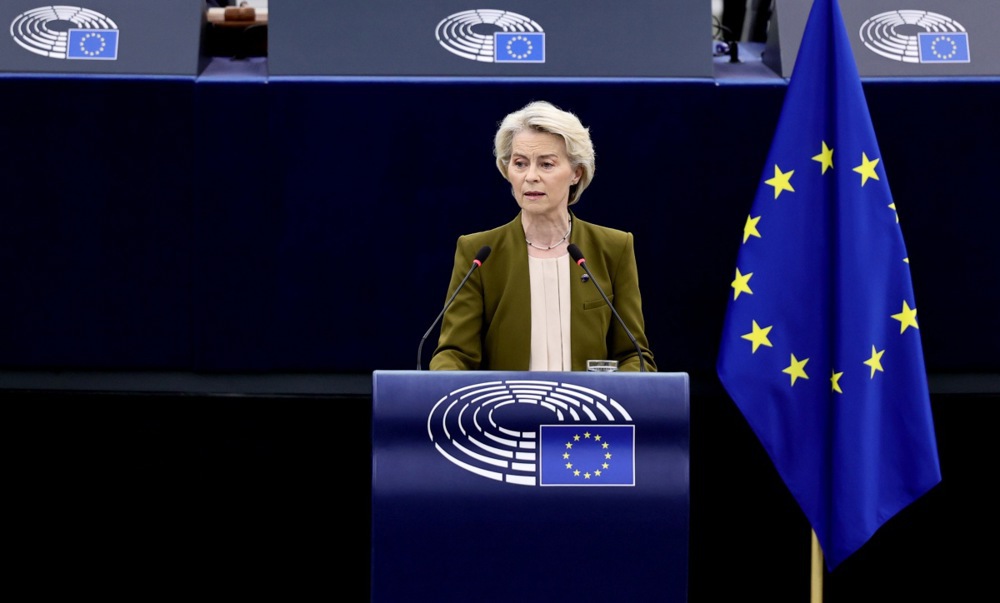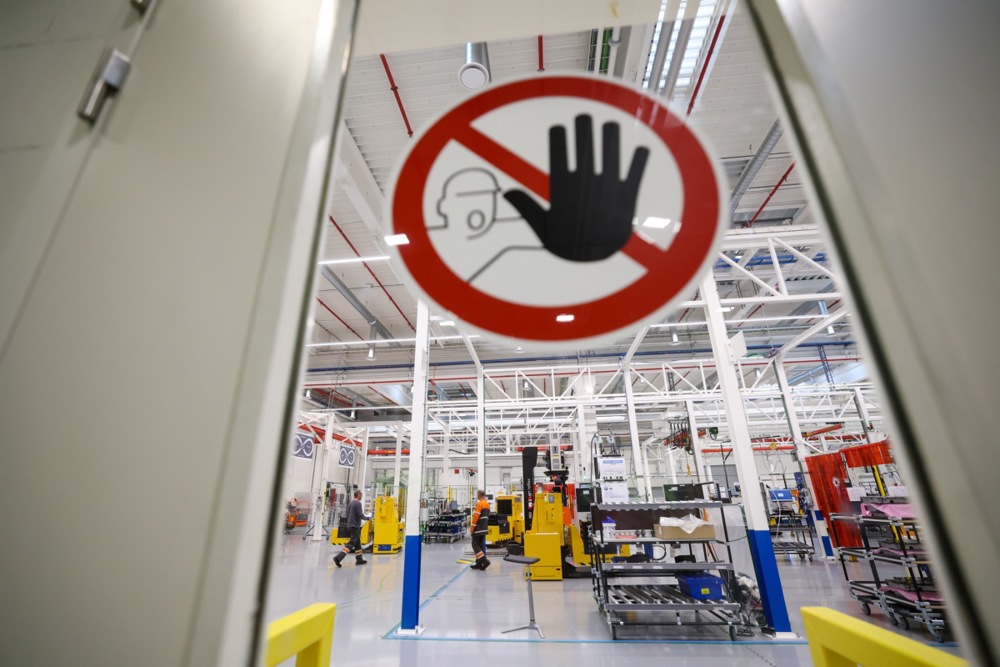The UN is under pressure as Washington is pulling money and retreating from agencies.
BRICS countries, though, which view UN diplomacy more positively, are poised to fill the void.
If they succeed, they will not only shape votes and funding decisions but also the very concepts that govern the organisation, a Brussels conference organised by EuroHub4Sino heard today during the 80th General Assembly of the UN In New York.
The BRICS countries are: Brazil, Russia, India, China, and South Africa, along with the expanded members of Egypt, Ethiopia, Indonesia, Iran and the United Arab Emirates.
While western debates have largely focused on economic ties — tariffs, subsidies, fair competition — Beijing and its allies are influencing how human rights are defined and applied, human rights advocates said at the conference. These shifts carry direct economic consequences, from regulatory standards to supply chains and investment decisions.
US President Donald Trump, speaking at the UN today, criticised the organisation as “not being well run” and ordered reviews of all pending US funding. Over recent months, he has withdrawn the US from UNESCO, the WHO and other agencies, cut funding for peacekeeping and reduced humanitarian spending.
With the US accounting for about a quarter of the UN budget, Secretary-General António Guterres has been forced to launch an unprecedented cost-cutting plan, including layoffs affecting one in five staff, according to a September 9 International Crisis Group report.
China is stepping into the vacuum, asserting itself both financially and politically, although not without inconsistencies. Its contributions to UN agencies are often delayed, raising questions about reliability even as Beijing consolidates leadership positions and promotes multilateral engagement.
Observers note that both the US and China have mixed records on payments, with delays and partial contributions highlighting structural funding vulnerabilities and giving BRICS countries additional leverage in shaping UN agendas.
Claudio Francavila, European Union advocacy director at Human Rights Watch, highlighted how China integrates human rights into its long-term strategy.
Francavila emphasised that China treats these issues as part of a broader economic and political calculus rather than strictly moral obligations.
Forced labour, for example, is considered in terms of its implications for competitiveness and long-term planning, even if Europe does not see these factors directly.
“The risk is that we are feeding the monster when ignoring those,” he said. He noted that Beijing’s planning horizon is decades-long, unconstrained by elections, allowing it to operate differently from western actors.
“What matters is not what’s ethically or morally correct, but what’s in the interest of the CCP … It knows what it wants and can plan for the next 30 years.”
At the UN, this long-term approach enables BRICS to influence norms while the Global South gains greater sway in shaping outcomes.
Nienke Buisman of the European Commission, spoke of Europe’s response to China’s growing influence, with a particular focus on research, innovation and strategic co-ordination.
She highlighted that China is now spending more on R&D than the EU, making competitiveness in science and innovation a central European priority.
Buisman said Europe has been developing frameworks for collaboration with China since 2019, setting conditions on intellectual property, open science and gender equality.
“We continue to say that we are open to discussing this, but we are no longer open to work together if we can’t agree on these conditions,” she said.
Her comments illustrate what the EU calls its effort to balance openness in research with strategic safeguards, reflecting an awareness that China’s long-term approach extends not only to economic planning but also to multilateral influence.
Joanna Szychowska, Director at DG Trade, emphasised the need for strategic foresight in Europe: “The EU has to think long term, and remember both its strengths and weaknesses.”
Francavila’s observations provide context for this perspective: While Europe is constrained by electoral cycles and shorter-term political changes, China operates on a multi-decade horizon, using human rights, economic engagement and UN positions to advance strategic objectives over the long term.





